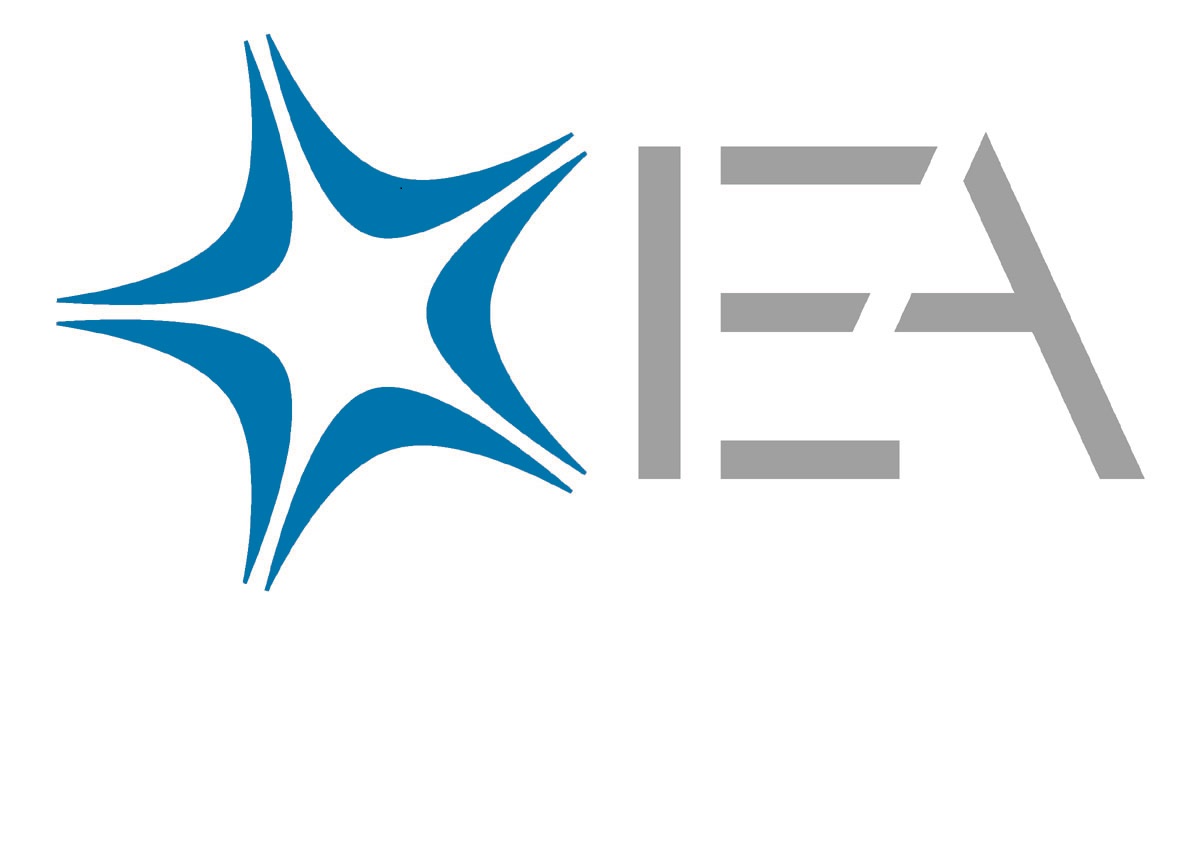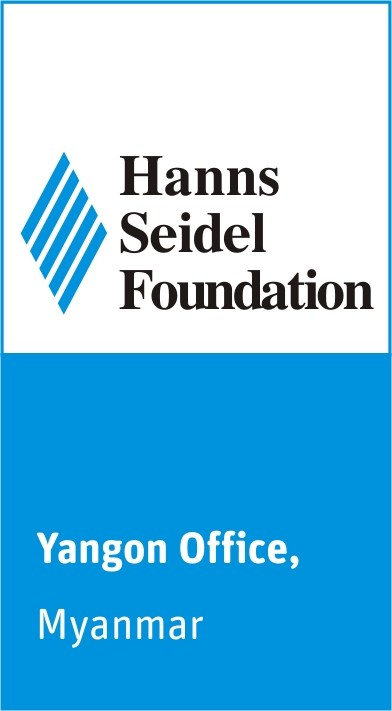
The Canada Research Chair in Quebec and Canadian Studies
The Canada Research Chair in Quebec and Canadian Studies (CREQC), under the leadership of Alain-G. Gagnon since its founding at the Université du Québec à Montréal (UQAM) in 2003, endeavors to examine how political communities are constructed in a regional, national and international framework. Researchers mobilize by the center explore the notion of representation from three distinct angles: cultural and political diversities, multiple identities and federal citizenship. CREQC has acquired an enviable international reputation in the domains of federalism, multinational federalism and comparative federalism. CREQC’s research has been favorably referred to by university professors, public servants and decision-makers. Many experts consider CREQC to be at the forefront on policy innovations in federal democracies.
Among its most recent publications, let’s mention: Constitutionnalisme, droits et diversité: mélanges en l’honneur de José Woehrling (Thémis, 2017); Understanding Federalism and Federation: Essays in Honor of Michael Burgess (Routledge, 2015); Canadian Politics (University of Toronto Press, 2014); Minority Nations in the Age of Uncertainty: Essays on National Diversity and Federalism (University of Toronto Press, 2014) and Federal Democracies (Routledge, 2010).
———————————————————————————————–

The Institute for Self-Government Studies
The Institute for Self-Government Studies (Institut d’Estudis de l’Autogovern/Instituto de Estudios del Autogobierno, IEA) is a research centre linked to the Government of Catalonia and based in Barcelona. The IEA specializes in the analysis of institutions, actors and collective decision-making processes in federal and regional democracies; as well as in the study of processes of independence. The IEA works together with multidisciplinary teams applying theoretical, comparative, and case-study perspectives. Our analyses are addressed to have an international impact, as well as a practical impact on the ethical and functional improvement of multilevel democracies.
The specific objectives of the Institute are, first of all, the promotion of the development and quality of self-government, especially in international plurinational democracies; and secondly, the boosting of the interactions between normative-oriented analysis, institutional and comparative, and the practical political world.
The research activity of the Institute includes the collaboration with other institutions ─ public and private entities ─ complemented by the dissemination of studies and reports, the organization of seminars, a research grant programme, the publication of books and of an academic journal indexed in Scopus (Revista d’Estudis Autonòmics i Federals – Journal of Self-Government). The IEA also offers institutional advice to the Government of Catalonia.
Hence, the Institute promotes the ideas of recognition of pluralism, institutional accommodation, efficiency, and the improvement of self-government and democratic quality, challenges still not well resolved by the theory and practice of liberal democracies of the 21st century in a context of increasing political, socio-economic and technological globalization.
———————————————————————————————–

The International Association of Centers for Federal Studies (IACFS)
The International Association of Centers for Federal Studies (IACFS) is an interdisciplinary association of Centers and Institutes throughout the world with interests in independent research and publication about political, constitutional, legal, administrative, fiscal, economic, historical and philosophical issues relevant to political systems which have federal features. The Association seeks to further the study and understanding of federal principles and patterns in all their variety.
The Association pursues these goals through:
- Maintenance of an active scholarly network, through which information is exchanged, conferences held, publications are disseminated and data is collected and held;
- Stimulation and sponsorship of research on theories and practice of federalism;
- Involvement in educational, advising and consulting activities to assist the understanding and application of federalism in the contemporary world;
- Encouragement of the formation of additional institutions concerned with the study of federalism; and
- Expansion of federal studies among the academic communities of the members’ respective countries.
———————————————————————————————–
 The Hanns Seidel Foundation (HSF)
The Hanns Seidel Foundation (HSF)
The Hanns Seidel Foundation (HSF) aims to contribute in an active and effective way to international cooperation and understanding with its programmes and projects in Myanmar.
Our first involvement to provide development assistance in Myanmar dates back to 1994 with capacity building activities for the Ministry of Foreign Affairs, at the time when Myanmar was preparing to apply for membership with the Association of Southeast Asian Nations (ASEAN). Many more activities were carried out, such as study trips to the EU-Parliament in Brussels, the German national parliament (Bundestag) in Berlin, and the state parliament (Landtag). Between 1994- 2012 initiatives implemented in Myanmar were coordinated by the HSF regional office.
In 2012, HSF opened a representative office in Yangon and became the first German political foundation to be registered as an International Non-Governmental Organization (INGO) in the country a year later in 2013.
Facebook: www.facebook.com/HSF.Myanmar
